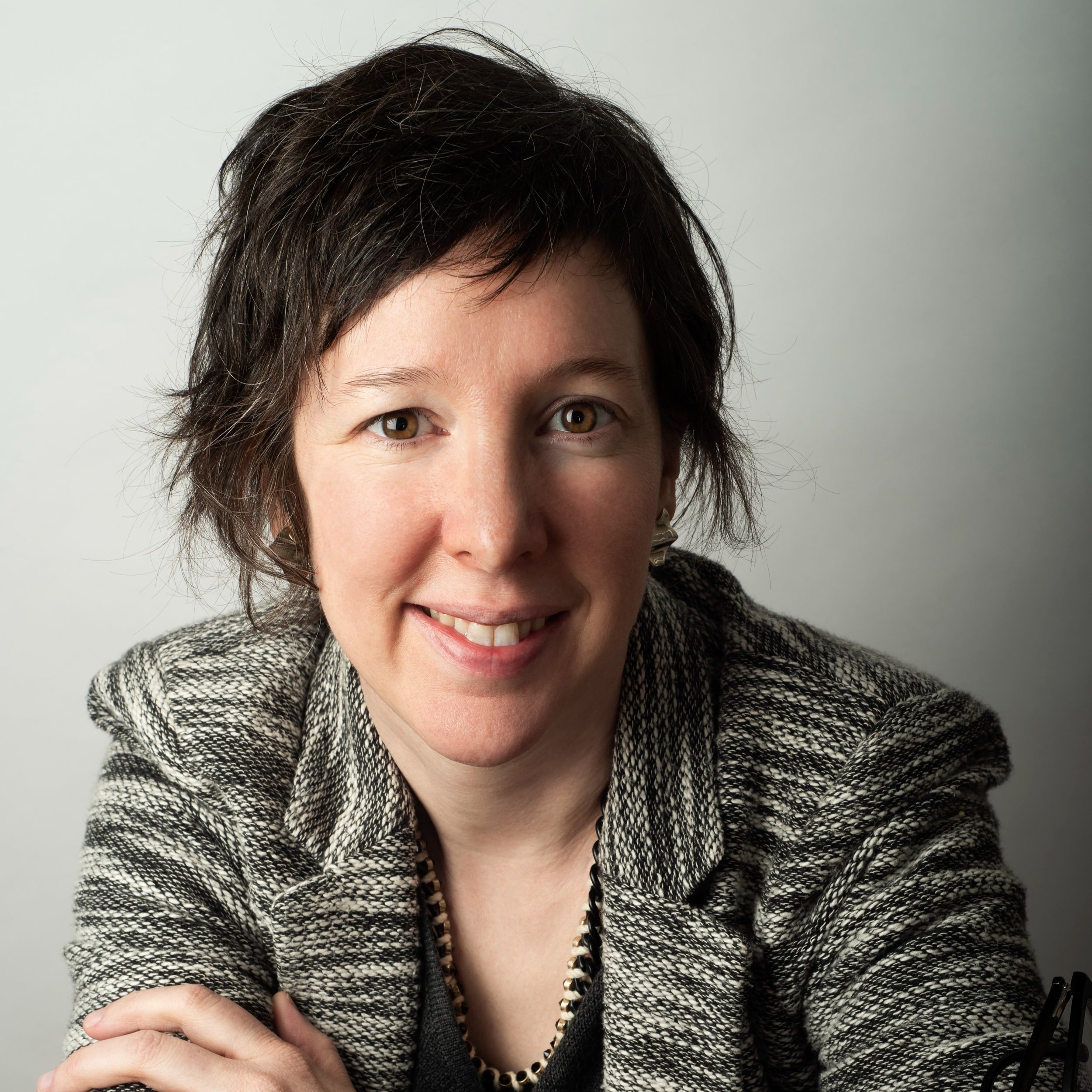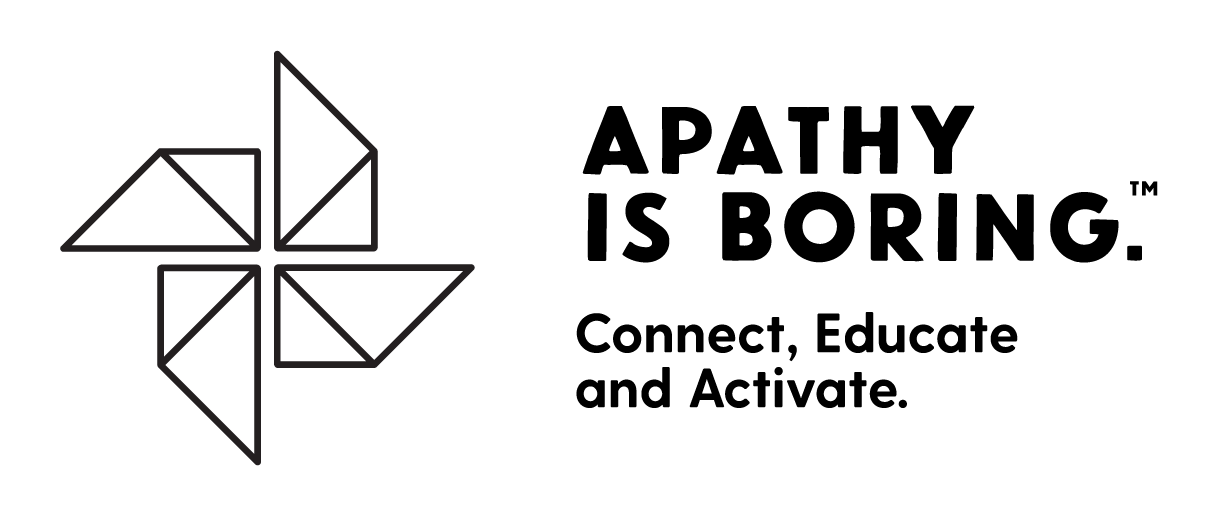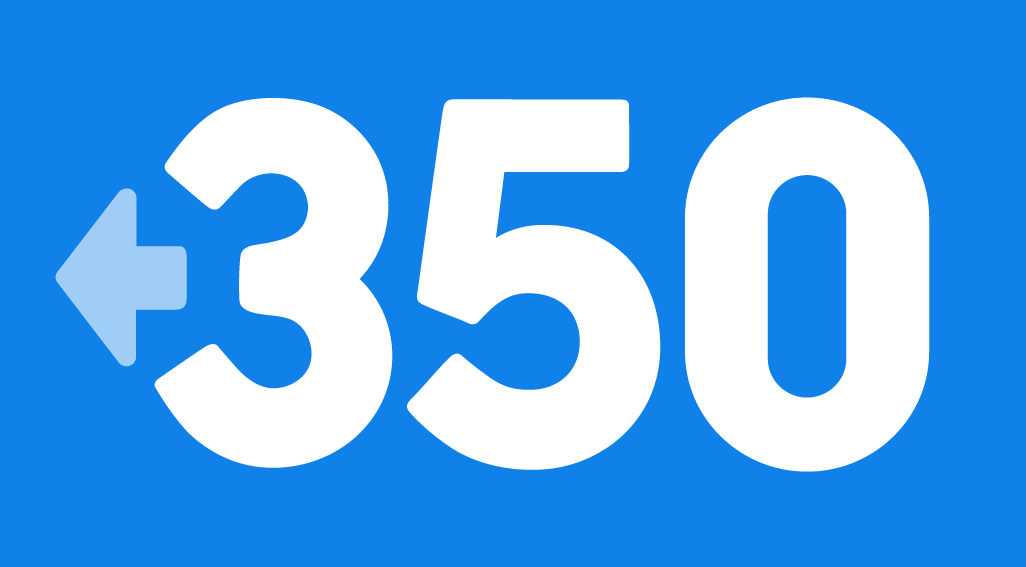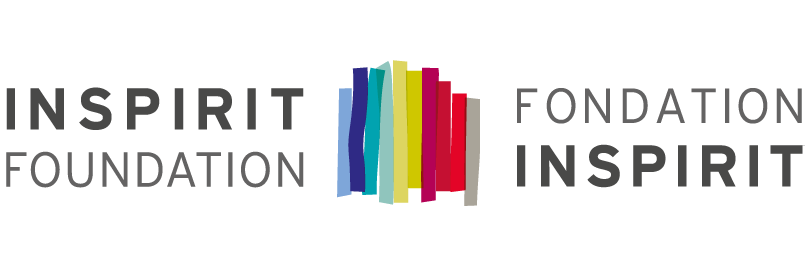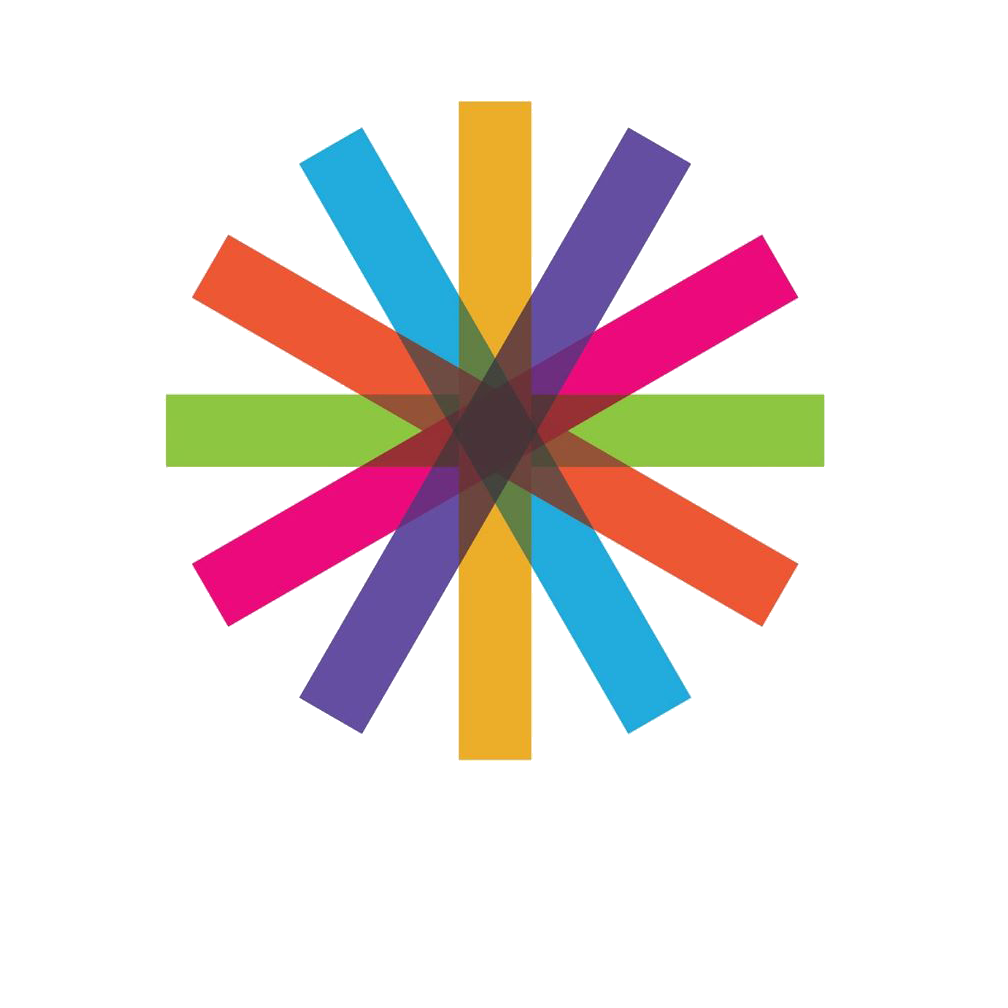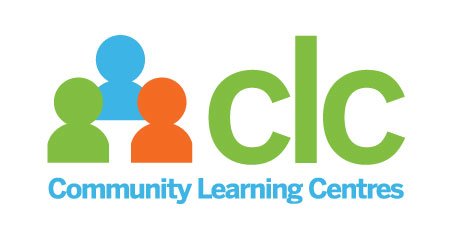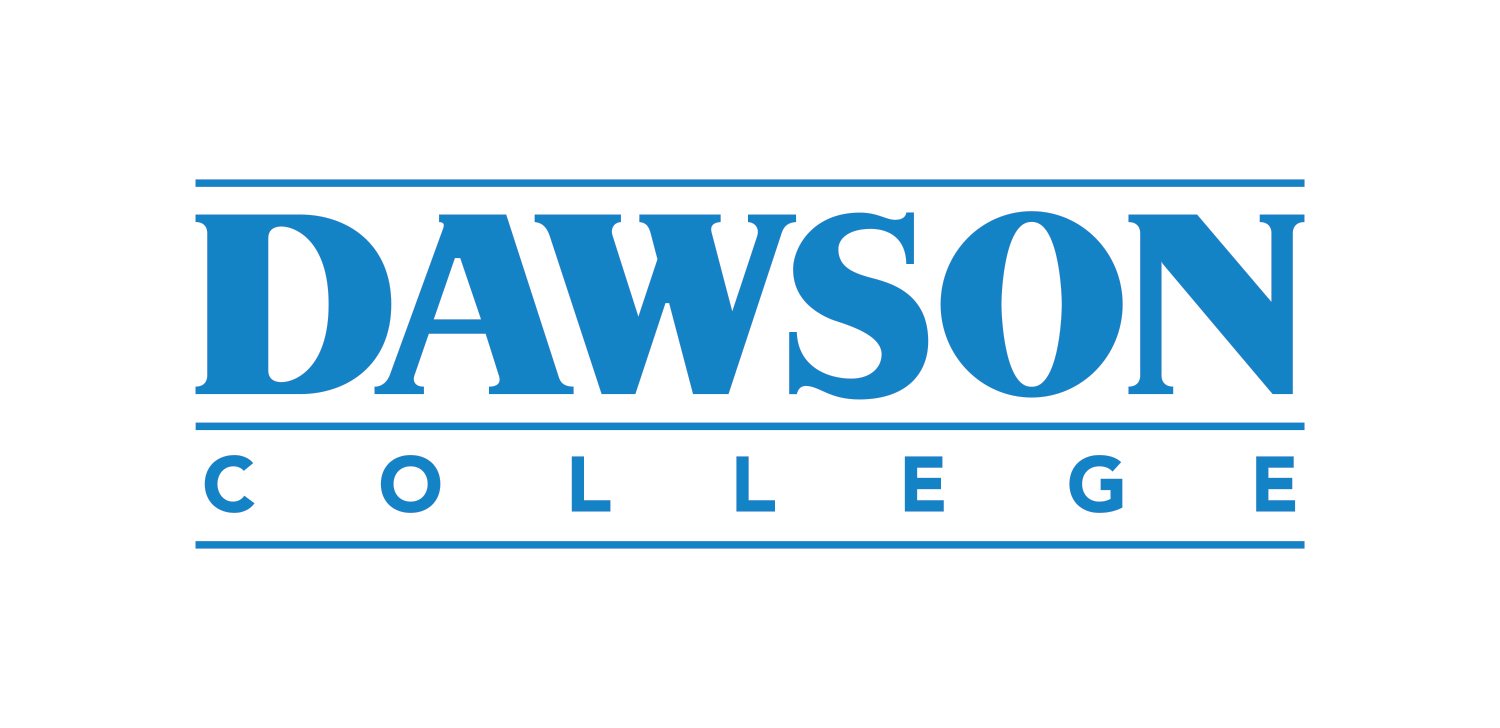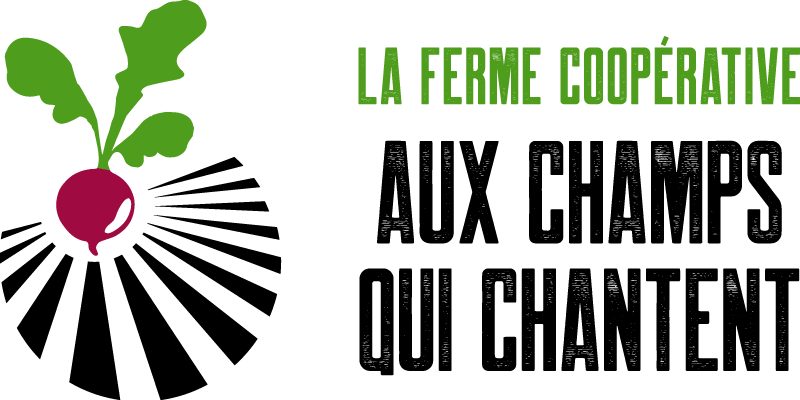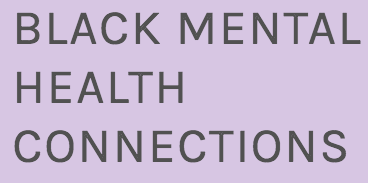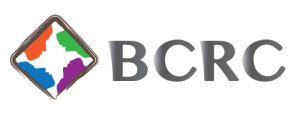
Workplace culture is like an iceberg. Most of it is under the surface — but it moves everything.
Workplace Culture and Organization Effectiveness
After consulting with organizations for ten years, it became clear to me that the deeper layers of workplace life needed more attention than they were getting. So many challenging situations - circular arguments, change efforts that “bounce back” to the original state, strategies that just aren’t working - can be effectively moved forward by using a culture lens.
Dissatisfied by the survey-heavy approaches to workplace culture, I decided to complete a Master’s in Organizational Anthropology, researching the erosion of Desjardins Financial Group’s cooperative values.
Where does your mission live?
Your organization’s mission, vision and values could drive everything you do, but they usually don’t. Vision statements are often so soaring and inspiring that they can’t provide any concrete direction; mission statements may be so long and wordy that they live in a binder; values can be aspirational word-clouds that sit on a poster. And even more challenging: we often stop engaging with them once they’re written down. I love working with organizations to get clear on their core philosophy, make it real and make it happen!
Education
Master of Arts, Organizational Anthropology (University of Auckland), 2017
Master of Arts, Human Systems Intervention (Concordia University), 2011
“Lise is a sharp, analytical consultant who is also personable and enjoyable to work with. I highly recommend her”
—Irene Tschernomor, CEO, Queen Elizabeth Health Complex
“Lise was instrumental in helping to clarify the vision myself and my colleagues had for our organization”
—Kristen Young, co-director, Black Mental Health Connections
“Our growing national organization has truly benefitted from your incredible skills over the years, Lise. I can’t thank you enough for the insights, facilitation skills, and knowledge you’ve shared.”
—Tonia Occhionero, Executive Director, Canadian Association of Midwives
“I have seen Lise facilitate opposing dynamics in a group to achieve a constructive and action-oriented result. She has an innate talent that goes beyond anything one could learn in the classroom.”
—Michelle Dupuis, Program Manager, Plan International Canada
“Lise gave us deeper understanding of what was happening and made it all fun. I would highly recommend Lise to anyone looking for a consultant.”
—Andrew Woodall, Dean of Students, Concordia University
